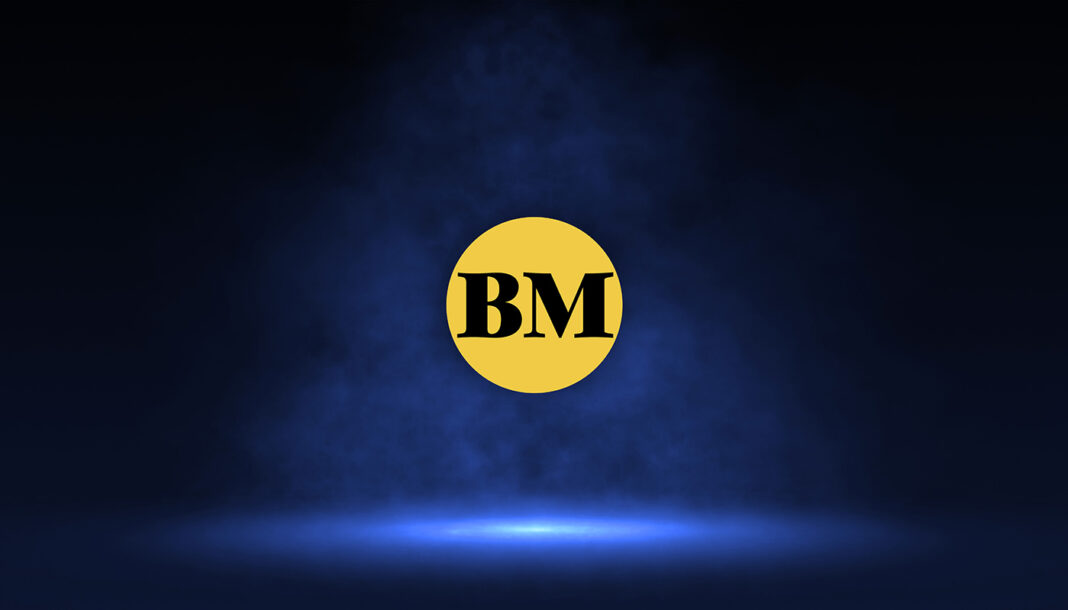
THE congestion from the so-called “old normal” is now creeping in as the country eases travel restrictions, a transportation expert has warned, adding that people should expect road and mass transport problems to be commonplace again if the government does not step in to address this.
Jose Regin F. Regidor, a research fellow at the University of the Philippines-Diliman National Center for Transportation Studies, said his group has observed the resurgence of both road congestion and mass transport congestion in the country.
During a public forum organized by Ibon Foundation, he described this as “long waiting time, long travel time, and incurring congestion costs.” All of which, he said, are detrimental to both commuters and the economy.
“Road congestion and what we call mass transport congestion are common sights pre-pandemic, and unfortunately these common sights are now coming back,” Regidor said.
An unexpected gain from the lockdowns was that the air was cleaner and there was little to no congestion, two factors that are “consistent with our aspiration of a sustainable transportation.”
However, he added, “we have observed that there are benefits; these are just short-term benefits like reduced road crashes, reduced motor vehicle congestion, reduced fuel consumption, and reduced air pollution. But these are temporary because of the pandemic situation,” Regidor said.
What needs to be done, he said, is for the government to assess what its priorities are.
“For the new normal, priorities that we should look at are the promotion of active transport, and that public transport should be intermodal and inclusive. The government has to check routes, and check the vehicle types that are good for these routes,” he said.
Julius Dalay, the resident transport urban planner of consumer group Commuters of the Philippines, shared this view, saying the government must supply the “right mixture of public transport modes” in order to address the demand from commuters.
Meanwhile, Rosario Guzman, who heads the research department of Ibon, said the government’s effort towards promoting mass transport is commendable given the National Transport Policy.
However, she said the government must also consider “people economics” as the foundation in implementing policies and projects for mass transportation.
“In people economics, what we want—without compromise—are updated and reliable travel statistics. If we should come up with a sustainable public transport system, the best place to start is to have updated and reliable travel statistics,” she said.
The second thing that needs to be done is a “first-step, long-term modal shift from road-based transport to rail.”
“No country developed for roads only, and developing rail means we have to go from light to heavy rail,” Guzman said.
Third, she said, the government must be able to craft a route rationalization plan for both public utility jeepneys and buses.
“What the government needs to do is to identify where the masses are and what their optimal travel times are, including their travel stops between work and abode. The route rationalization plan should also include walkways and bike lanes. And for a route rationalization plan to be truly systematic, PUVs and PUBs should be publicly-run,” she said.
Lastly, the government must also put a limit on vehicle ownership.
“We should also restrain from private car sales because of finite roads,” she said.

